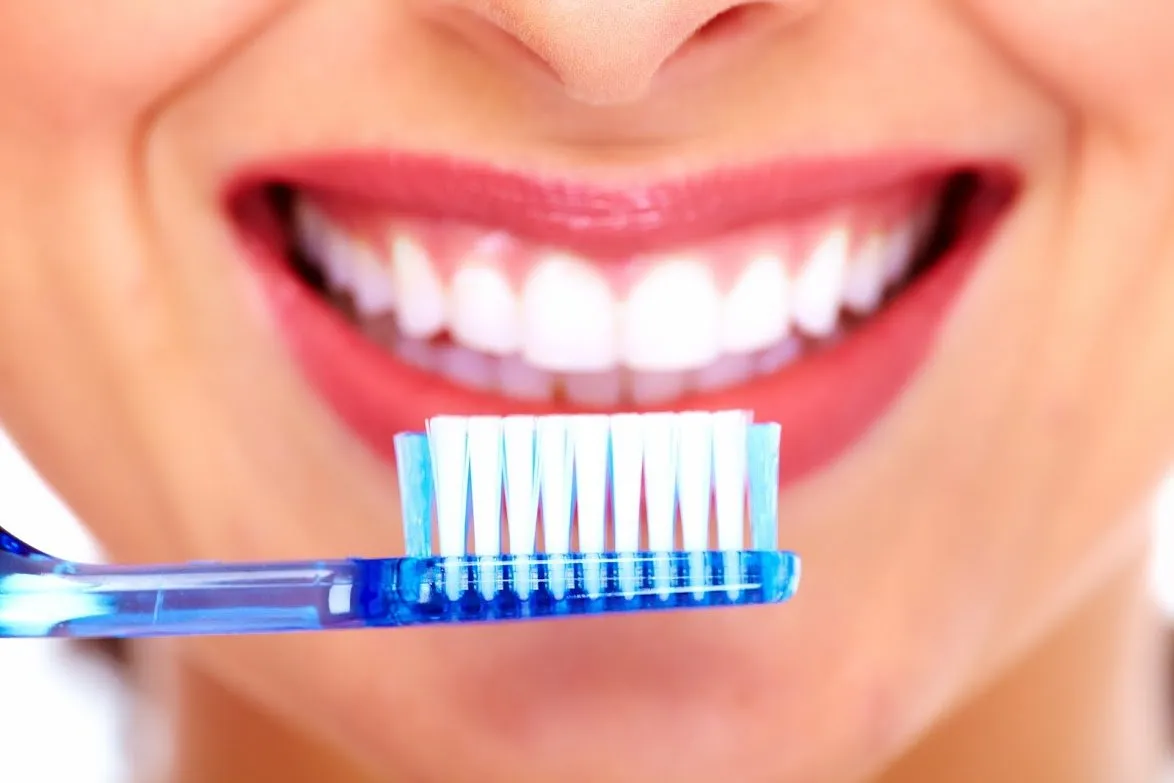Everyone knows how to look after their teeth, don’t they? From a young age, children are taught how important twice-daily brushing is, and the proper technique to use. You might think that even if there’s room for improvement in your dental habits, you know where those improvements could be made.
Perhaps you’d be surprised to learn there are a few things people commonly do that are actually quite damaging to tooth enamel. As enamel covers the outer surfaces of teeth, your enamel is the part that begins to wear away if you’re not careful, which can cause sensitivity and yellowing.
Take a look at the following bad habits, and see if you can change your brushing habits to protect your enamel.
1. Brushing Right After Eating
Some people really like to brush their teeth right after they eat, so their mouth will feel clean. While this might seem like a good idea in theory, brushing right after you eat can actually be damaging.
Some foods are obviously acidic, like citrus fruit. However, plenty of other foods contain surprising amounts of acid, even some leafy greens. Right after you eat acidic food, your tooth enamel is temporarily weakened. Brushing your teeth while the enamel is still recovering can be damaging, especially if you do brush this way regularly.
Instead, you should wait at least 30 minutes after eating before brushing your teeth. Don’t forget to wait after consuming acidic drinks, too.
2. Brushing Too Hard
Not everyone really notices how hard they brush their teeth. Those that have this habit are probably under the assumption that brushing hard helps get teeth nice and clean.
In reality, a reasonably light pressure is all that’s needed because plaque is soft and fairly easy to remove. Pressing hard with your toothbrush won’t remove extra plaque, it will only risk damaging your enamel.
3. Using the Wrong Brush
Choosing a toothbrush can take a lot of thought, with so many different types available. One of the ways brushes most often differ is in how hard their bristles are. These bristles normally come in soft, medium, or firm.
Medium bristles are the most common, but plenty of people use firm toothbrushes, assuming they’ll keep their teeth clean more effectively. Like brushing too hard, unfortunately, too firm of bristles could lead to damaged enamel.
If you’re using a firm brush, then switch to a medium brush. The bristles will still be more than firm enough to clean your teeth. If you struggle with brushing too hard, then a soft-bristled brush will help protect your teeth.
4. Brushing for Too Long
The recommended length of time for tooth-brushing is two minutes. Some dentists recommend longer – up to three minutes in some cases.
These guidelines are in place to make sure you brush thoroughly and your teeth have time to absorb fluoride properly. While you should be brushing for at least two minutes, it’s not a good idea to go too much over that.
Get into the habit of timing your tooth-brushing sessions. Try to limit them to two minutes, as longer than that can begin to wear enamel away if done regularly.
5. Using Too Much Toothpaste
A lot of kinds of toothpaste can actually be quite abrasive. This only becomes a problem if you’re using far too much — as is often shown on television.
Your toothpaste doesn’t need to cover the entire surface of the bristles. Just half that should be plenty, which will save you money on toothpaste and protect your tooth enamel.
If you’re interested in finding out whether you’re doing everything you can to take care of your teeth, then make an appointment with us for your regular check-up. We’ll be happy to give you some pointers and make sure your mouth is in the best health possible.




